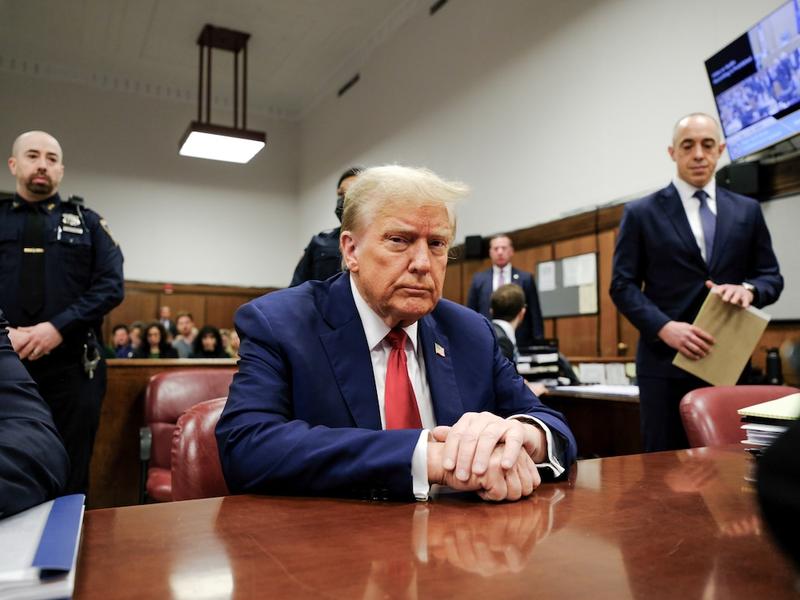
As we prepare to see the House change party control for only the 11th time since 1900 (six times from Democrat to Republican, five in the opposite direction) and the Senate currently split 50-50 for just the third time since direct election of senators began in 1914, it’s interesting to consider who faces the greatest challenge in the coming year: House Democratic Caucus Chair Hakeem Jeffries, House Minority Leader Kevin McCarthy, Senate Minority Leader Mitch McConnell, or Senate Majority Leader Chuck Schumer. Each is in unique situations and none are particularly easy.
With House Republicans starting out at a projected 222 seats, McCarthy’s most immediate challenge is finding 218 votes to actually become speaker. Five of his more conservative Republican colleagues have indicated that they will not vote for him or have serious reservations. But assuming McCarthy does become speaker, that is just the beginning of his problems. Only six speakers in the last century presided over a House with a majority of 223 members or fewer: Democrat John Nance Garner in 1931-33, Democrat Sam Rayburn in 1943-45, Republican Joseph Martin in 1953-55, Republican Dennis Hastert in 1999-2003, and Nancy Pelosi from 2021 to the present.
This is new terrain for McCarthy, who isn’t known as either a policy wonk or, for that matter, a master of House rules and parliamentary procedure. He’s more of a campaign guy. It’s ironic that he’s never had the post in GOP leadership that would seem most suited for him—chairing the National Republican Congressional Committee. My guess is that he will come to appreciate how challenging Pelosi’s job was with a comparably small majority, and she had considerably more leadership experience. McCarthy was in his last year running the district office for his predecessor, Rep. Bill Thomas, in 2002, when Pelosi first stepped onto the congressional leadership ladder. Whether it is McCarthy or any other Republican in the speaker’s chair, running the House with this narrow a majority and scant leadership experience will be comparable to threading a needle in a car barreling down a bumpy road.
House Democrats will begin meeting on Wednesday to organize for the next Congress and elect their leadership. Rep. Hakeem Jeffries is expected to become minority leader. Although Jeffries has built a reputation as exceedingly bright and capable, the reality is that expectations will be low. He has had much less congressional leadership experience than most of his predecessors. There is considerable curiosity about how a McCarthy-Jeffries relationship might work, and it is entirely possible that the blood will be as toxic as the Pelosi-McCarthy pairing was. The other interesting thing to watch is how Jeffries will deal with members of “The Squad” and others in the 101-member House Progressive Caucus.
The most pressure will be on Schumer. Since taking the reins as Democratic leader in the Senate from Harry Reid in 2016 and particularly since Joe Biden became president, Pelosi has been the alpha dog of the pair, but now, with Pelosi replaced by a less experienced successor, Schumer will have to step up to the plate. To the extent that anyone on Capitol Hill has the sole burden of keeping the government’s lights on and functioning, it will be Schumer. An additional burden for Schumer is the class of Senate seats up in 2024—23 Democrats and 10 Republicans, with seven Democrats up in states that went for Donald Trump in 2016, 2020, or both. There are no GOP Senate seats up in states won by either Hillary Clinton or Biden. This is the same class of Senate seats that was up in 2018 that proved so problematic for the party.
The chief downside for McConnell is that he is losing several allies to retirement—notably Roy Blunt, Richard Burr, Rob Portman, and Richard Shelby—at the end of this Congress, but being a leader of the opposition party, he will only have the responsibility for governing to the extent that he wants to have it. McConnell will be trying to cobble together a competing faction. Let's call it Make Republicans Normal Again. It’s quite a challenge, but events of the last month might offer the legacy wing of the party some hope.
The adage that in Washington it is always easier to stop something than to achieve something will have never been truer than over the next two years. That’s why there is likely to be more attention paid to Hunter Biden and his laptop and threats to impeach various members of the Biden administration than much in the way of serious policy development.
The article was originally published for the National Journal on November 28, 2022.









Subscribe Today
Our subscribers have first access to individual race pages for each House, Senate and Governors race, which will include race ratings (each race is rated on a seven-point scale) and a narrative analysis pertaining to that race.